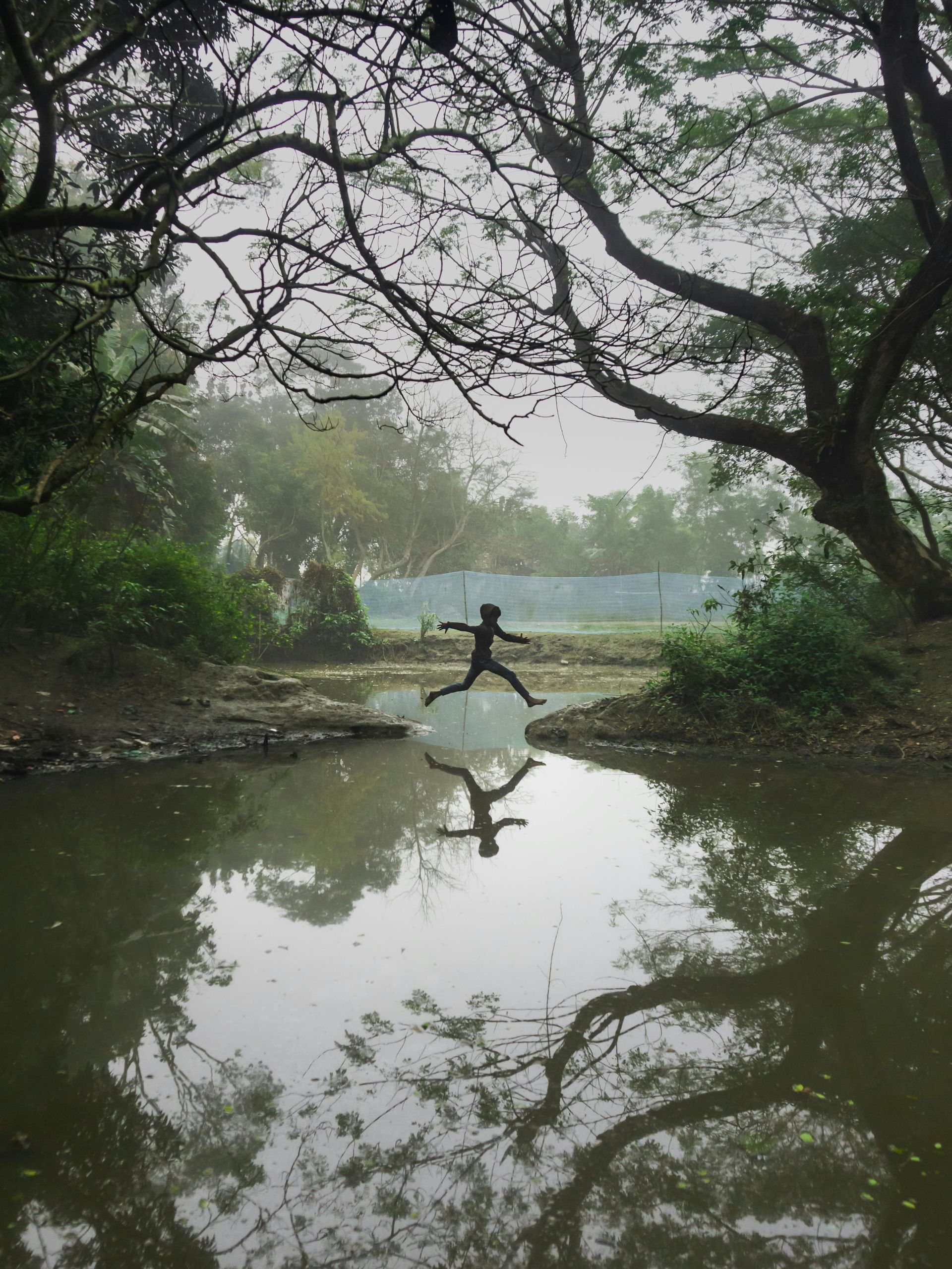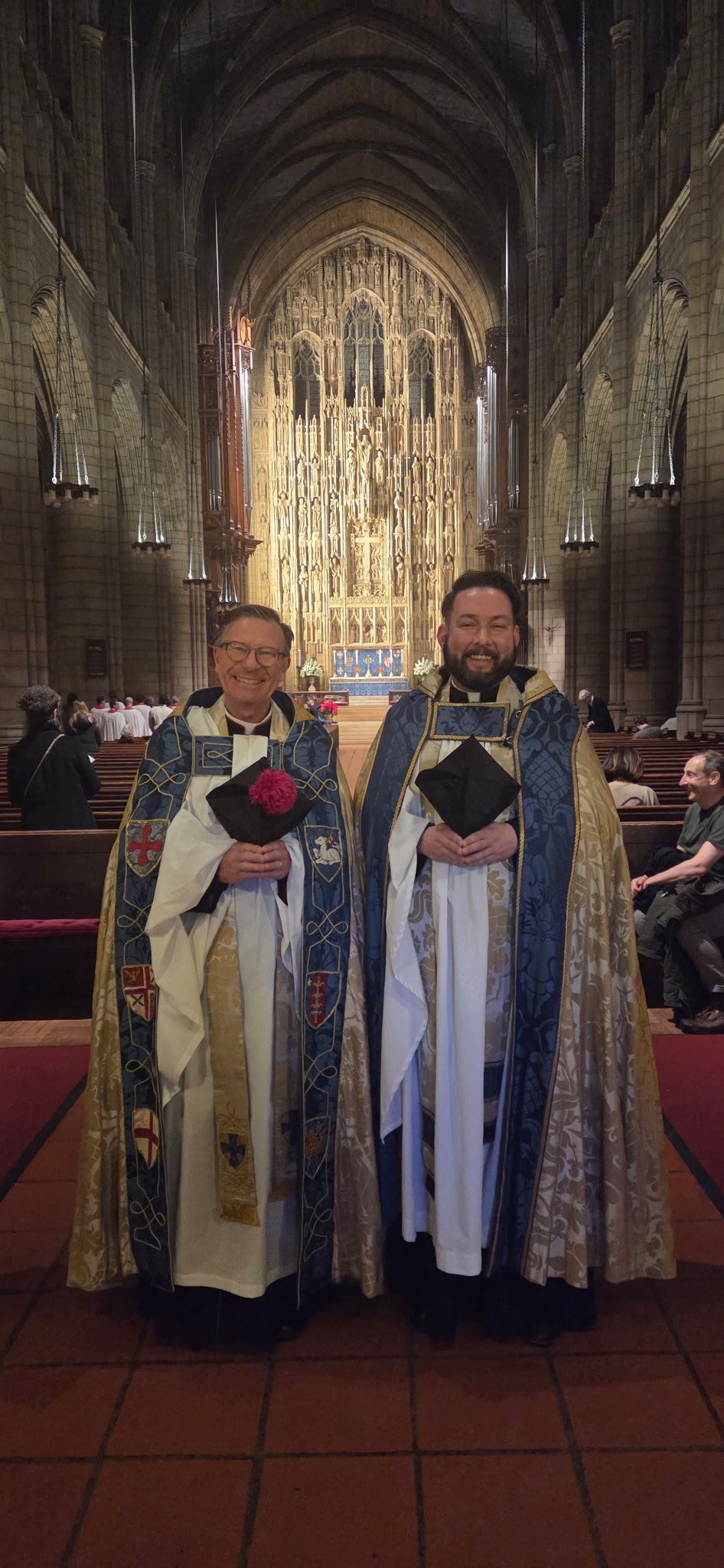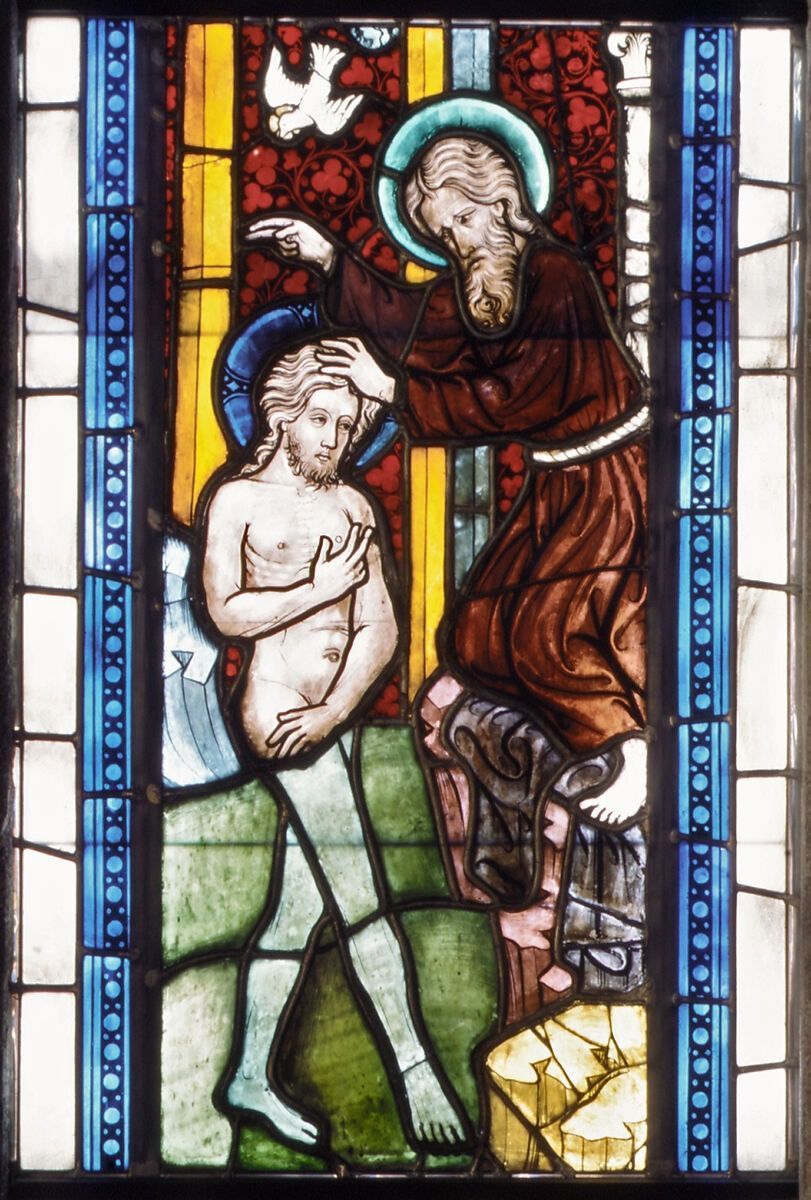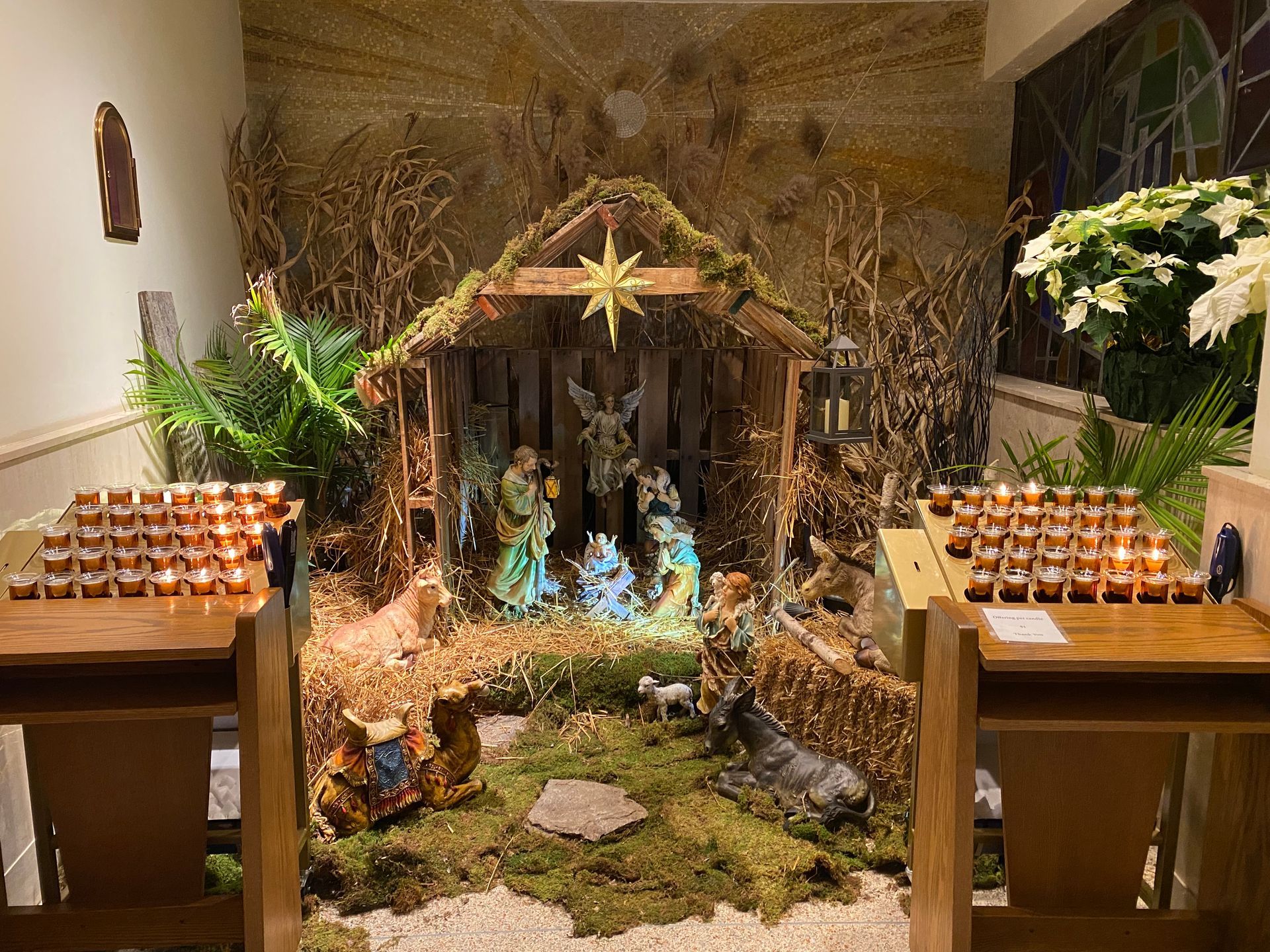Ask, Seek, Knock
Rev. Michael J.V. Clark • July 26, 2025

“Father, I pray all the time and God doesn’t answer me.”
I want to say something this week about prayer - and in particular what we can expect of God if we pray. The Gospel message looks superficially simple: ask, seek, knock - and a promise that everyone will be satisfied if they do so. Have we been set up for disappointment? Does God only do this for certain people? Is it a promise without conditions?
Well, the Lord answers that question:
If you then, who are wicked, know how to give good gifts to your children,
how much more will the Father in heaven give the Holy Spirit to those who ask him?
The simple answer is that God, who is supremely good, will not give bad gifts to us, his children, so there is a condition to the triple injunction: ask, seek, knock. The condition is connected to God’s goodness.
Imagine if it were another way. Imagine God simply did our bidding, like a genie in a lamp, granting whatever wish we ask for - what would ensue would be chaotic - no-one would have any stability upon which to base future decisions: or, in other words, we would no longer be free to act, and morality would be emptied of all its content. You could be walking over the Brooklyn Bridge, and, surprise, it disappears and you fall into the East River, just because someone else prayed that God would remove it.
“But I would only ask for good things” - the boast is poor. If that were so, you would become the first benevolent dictator the world has ever seen. To have every wish granted just for the asking would give us limitless power. J. R. R. Tolkein illustrates this beautifully in his famous trilogy when the Elven Queen of Lothlorien, Galadriel, is offered the one ring:
‘You are wise and fearless and fair, Lady Galadriel,’ said Frodo. ‘I will give you the One Ring, if you ask for it. It is too great a matter for me.’ Galadriel laughed with a sudden clear laugh. ‘Wise the Lady Galadriel may be,’ she said, ‘yet here she has met her match in courtesy. […]
And now at last it comes. You will give me the Ring freely! In place of the Dark Lord you will set up a Queen. And I shall not be dark, but beautiful and terrible as the Morning and the Night! Fair as the Sea and the Sun and the Snow upon the Mountain! Dreadful as the Storm and the Lightning! Stronger than the foundations of the earth. All shall love me and despair!’
Galadriel contemplates the possibility of limitless power - and recognizes it for what it is - a test. Having passed the test, she must depart. In a nutshell, that’s the story of Redemption.
You see, remaining holy if one were omnipotent is only possible for God, not for man. Our motives are mixed because our perspective is limited. Not only can we not pray as we ought, we cannot see what good we need, either. So why doesn’t Jesus say: ask for good things, seek for good things, knock on good doors? Well, he does, actually.
The disciples clearly catch him praying when they beg him to teach them how to pray like John taught his disciples. He teaches them the perfect prayer: the Lord’s Prayer. You will notice the text is slightly reduced from Matthew’s version which we learn in the cradle. It is distilled to the bare essentials - and the first petition is hallowed be your name.
We say this line so frequently - and by selecting the antiquarian verb, hallow, which in every other context has been entirely replaced by its synonym, sanctify - the meaning often escapes us. It is really rather odd. Its passive construction tells us that we are not the ones doing the hallowing - God is the one who hallows himself, and we merely recognize it.
When we pray, we recognize that God isn’t a genie in a lamp, but instead has a plan for our salvation, the includes working through sufferings. God does not promise that we will never suffer, and whilst suffering is not his direct will, he does permit it to happen, in order to safeguard our freedom. That is to say, suffering exists because people can choose to be good, or evil, and our actions have real consequences.
Prayer then is a name given to a process, or as I like to say, a family of human behaviors, in which the individual will is set aside in favor of discovering what God’s will is - and aligning myself with that will, I have peace the world cannot give. Therefore, in my petitions, in my thanksgivings, in my worship, I set my heart on discovering what is fully good, true, and beautiful. It’s as simple, and yet as complicated, as that.
If I desire to align myself with God’s will, the change I’m asking, seeking or knocking for in prayer is more in me than in the world. We get it wrong when we conclude prayer is going in one direction, from me to God, when in fact it’s much more the other way around. Prayer is opening myself up for God to illuminate my will, to discern what is truly good for me, and for the world. But if God changes me, because I submit to him, then the world changes also, because I become different.
But there is one privilege I will share with you. God’s will is not monolithic - there are infinite possibilities, and multiple ways of reaching the same destination. It’s as if God is constantly rewriting the script, observing the free choices moral agents make, and governing the conditions that permit us to see him for who he is.
If our heart is aligned with God’s, then we can pray that his will be done in a certain way. If I am good, and my desire is holy, then God may hear my petition, and the good I ask, seek or knock for, might come about in this way, so it is worth asking. But if it does not, that does not mean my prayer has not been answered - it often means we simply don’t like the answer.
Recent Posts










